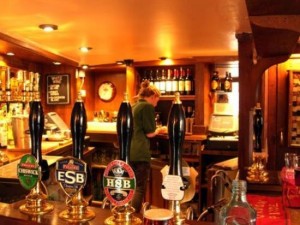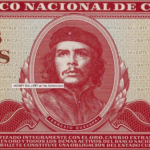Fancy a Drink? Get the “authentic” Oxford experience in a local Pub!
There are so many local pubs around Oxford and I wondered how do they compete with one another to perhaps sell the same quotidian English ale and pub food? Even though they may argue that they are the ones who sell the “real” ales and only traditional home-made British food, but are tourists really attracted to this claim? Shankar and Cavanuagh (2014) would argue that the consumers are the ultimate arbiters of value of a product. It is completely up to the tourists to label something as “authentic”–after all what they do in the city is only their one time Oxford experience! I argue that it is the claim to historicity that acts as a marketing tool for the pub owners.
This week’s topic on ‘Authenticity, Place and Product’ gave me the opportunity to dig a little deeper into this question of marketing authenticity of experience to tourists and to find out what makes one pub popular over the other. The Bear Inn claims to be the oldest pub in Oxford. The spatial setting of the pub is made to look as such it is the only standing old pub in town–low ceilings, random collection of neck-ties from all across the world and wooden benches outside. The Pub is thus also one of tourist attractions in the city. I believe that its claims to an ’emplaced past’ works well strategically to market their products.I argue that this rhetoric of the past acts as a chronotype wherein once created spatial setting is used in the present to act in the vein of a same conception of time and place. Connections with the past are used to lure tourists in giving them their one time “authentic” Oxford experience. Tourist reviews on a popular UK website typically commented on the ambience of the place reflecting its English past. It is called ‘the real hidden gem, tucked away from the hustle, bustle of the streets’ where tourists, locals and students could taste the real English ale and traditional food. Phrases like ‘Olde England at its best’ and ‘Since XIII century’ were frequently usedIt is not the ale and the food which is branded but its historic past As with the Bear, other local pubs like the Eagle and Child place their marketing strategies on certain peoples who had once visited the pub–like the ‘Inklings’. Thus it is also a question of contesting authenticities. Tourists would perhaps decide what counts as their “authentic experience”.
In the process of marketing the “authenticity” of experience these pubs create an inescapable regional culture for the tourists and also objectify it with their economic overtones. Nonetheless I think its important for them to market the culture and heritage in this age of global capitalism as it is also a question of economic survival. Tourists are also marketed historicity of the city in not just these pubs but in walking tours also. Oxford being the third oldest university in the English speaking world, old chapels, Harry Potter shooting location sites are the usual selling points to the tourists.
Contributed by Shahana Munazir on 16/02/2015






